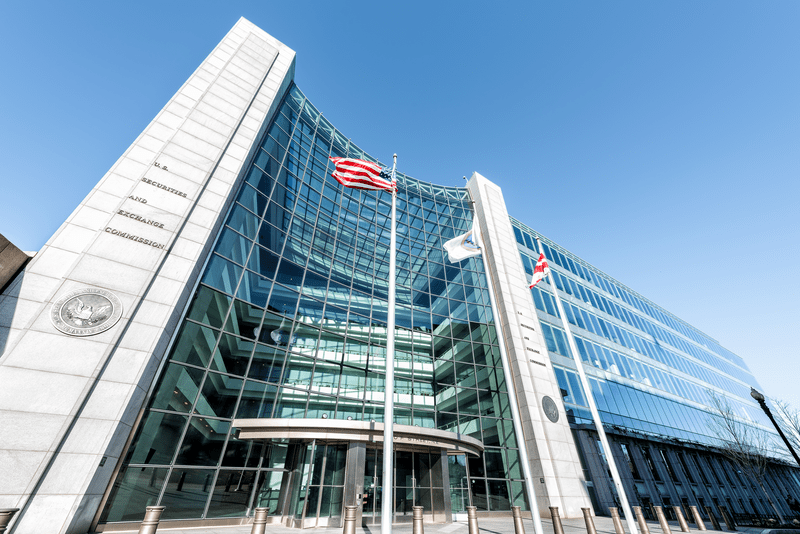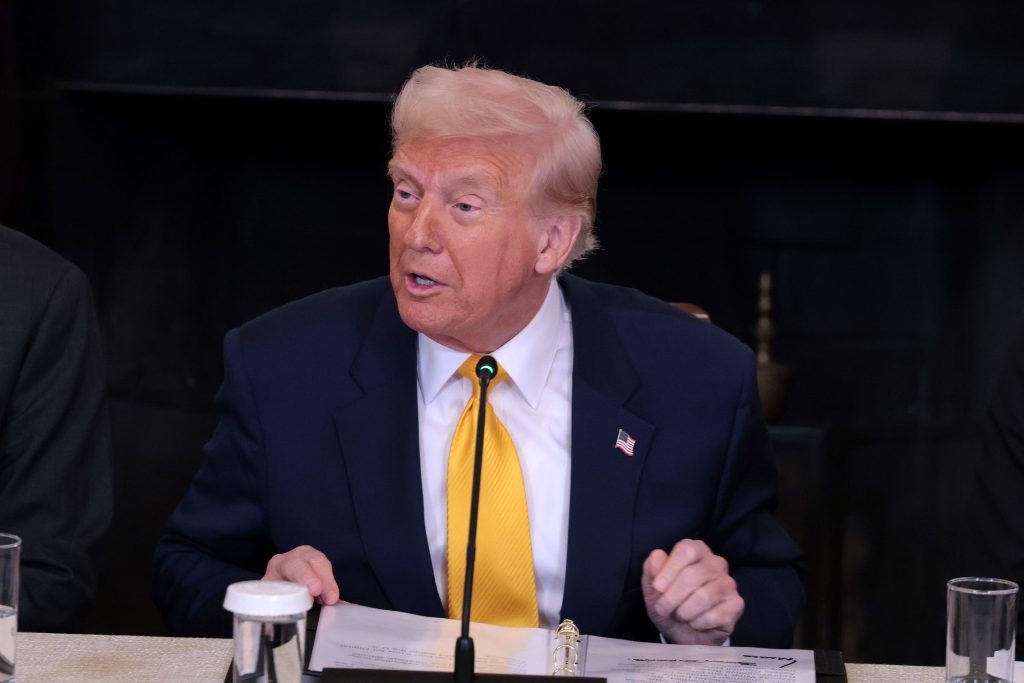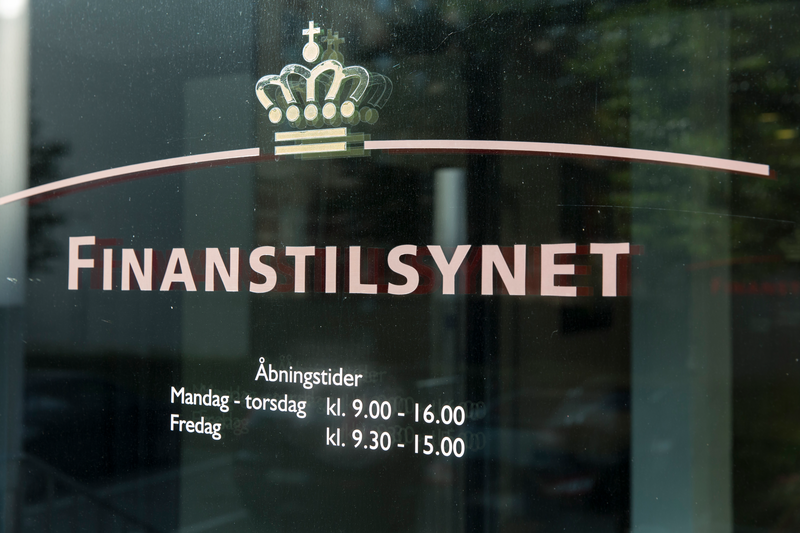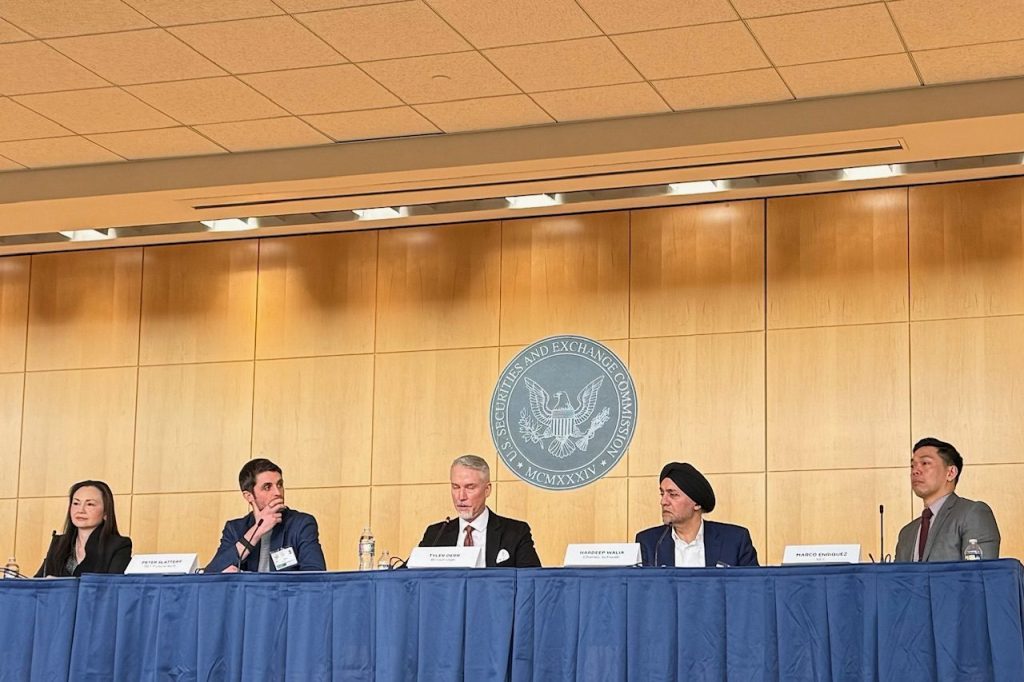A two-year inquiry conducted by the US Senate has found that auto titans BMW, Jaguar Land Rover, and Volkswagen bought parts made by a Chinese company sanctioned under a 2021 law for using forced labor, prompting lawmakers to call for stricter enforcement.
Senate Finance Committee Chair Ron Wyden (D-OR) said on Monday that there are major gaps in automakers’ oversight of forced labor in their supply chains, shipping cars or components of cars made with parts from a banned Chinese supplier called Sichuan Jingweida Technology Group or “JWD.”
According to the report:
- BMW imported at least 8,000 MINI vehicles to the US containing parts produced by JWD after the Chinese supplier was sanctioned in December for its links to China’s labor program in the far western region of Xinjiang.
- Jaguar Land Rover imported replacement parts that included components made by JWD even after the automaker was informed of the presence of the problematic product in its supply chain.
- Volkswagen disclosed to US border authorities that a shipment of its vehicles contained parts made by JWD.
The components were sourced through two contractors – Bourns Inc and Lear Corp – the latter of which is a direct supplier for BMW and Jaguar Land Rover, according to the report.
“Automakers’ self-policing is clearly not doing the job,” Wyden said in the statement accompanying the report. “I’m calling on Customs and Border Protection to take a number of specific steps to supercharge enforcement and crack down on companies that fuel the shameful use of forced labor in China.”
The UFLPA
Importing goods made with forced labor to the United States has been illegal since the 1930s. But in 2021, recognizing the systematic, government-sanctioned use of forced labor in the Xinjiang region of China in particular, the Uyghur Forced Labor Prevention Act (UFLPA) was crafted to target facilities in Xinjiang and other entities identified as having been complicit in China’s forced labor scheme.
Despite those laws, automakers have been slow to adequately police their supply chains to ensure parts originating in Xinjiang and other identified entities are not used in cars and trucks imported to the US, the staff report found.
This shows how the circuitous aspect of supply and demand operates to get companies in trouble: JWD was a company added to the UFLPA Entity List in December 2023 – its goods are presumed to be made with forced labor. Bourns provided those JWD parts to Lear Corp., which directly supplied them to BMW and Jaguar Land Rover.
“I’m calling on Customs and Border Protection to take a number of specific steps to supercharge enforcement and crack down on companies that fuel the shameful use of forced labor in China.”
Senate Finance Committee Chair Ron Wyden (D-OR)
Bourns notified Lear in January 2024 that electronic components known as LAN transformers had been produced by JWD, and were thereby prohibited in vehicles being shipped to the United States.
For its part, that same month, Lear sent letters to BMW, Jaguar Land Rover, Volvo and VW AG informing them of the banned components. Despite that notification, in April 2024, after the Senate committee explicitly asked both companies whether they ever “directly or indirectly sourced parts from JWD,” Jaguar Land Rover claimed to be unaware of its links to the manufacturer listed on the UFLPA Entity List.
And BMW informed the committee that JWD was not on tits “supplier list.”
But the committee asked repeatedly about it, and BMW finally disclosed that at least 8,000 Mini Cooper cars containing JWD components had been shipped to the US, the report states.
Recommendations to DHS
The staff report recommends the Department of Homeland Security (DHS) and Customs and Border Protection take a number of actions to strengthen enforcement of the forced labor ban in auto supply chains, including:
- speeding up work by the DHS Forced Labor Enforcement Task Force to identify facilities in Xinjiang using forced labor and to add them to the UFLPA Entity List;
- updating the list of high-priority sectors for UFLPA enforcement;
- improving information-sharing regarding enforcement of UFLPA; and
- providing clearer direction about what kinds of audits are necessary to detect forced labor in supply chains and comply with federal laws.
Recommendations from DHS
According to a Gartner survey last year, just half of sustainable procurement leaders said they feel they are making effective progress to address the risk of modern slavery in the supply chain. This is despite 71% of those respondents describing the risk as important or highly important.
Respondents in Gartner’s survey pointed to the vastness and complexity of supply chains as key barriers in making progress on modern slavery, per the report. That makes getting data and visibility a foundational step in addressing the risk.
On June 17, 2022, in anticipation of the June 21 effective date, DHS released the “Strategy to Prevent the Importation of Goods Mined, Produced, or Manufactured with Forced Labor in the People’s Republic of China.” Helpfully, it includes a list of entities affiliated with forced labor. This means that their products are subject to the presumption that the goods are prohibited from entry and is updated multiple times during the year.
The DHS report notes that companies need heightened due diligence to ensure compliance with UFLPA to identify potential supply chain exposure to Xinjiang, and it says supply-chain tracing with technology solutions and the right expertise is the general method to demonstrate that goods are free of inputs from Xinjiang.
But DHS said it expects that barriers to supply chain tracing may make it difficult for importers to be compliant. And (just to make the situation more difficult) it says third-party audits alone are insufficient to demonstrate due diligence.

















